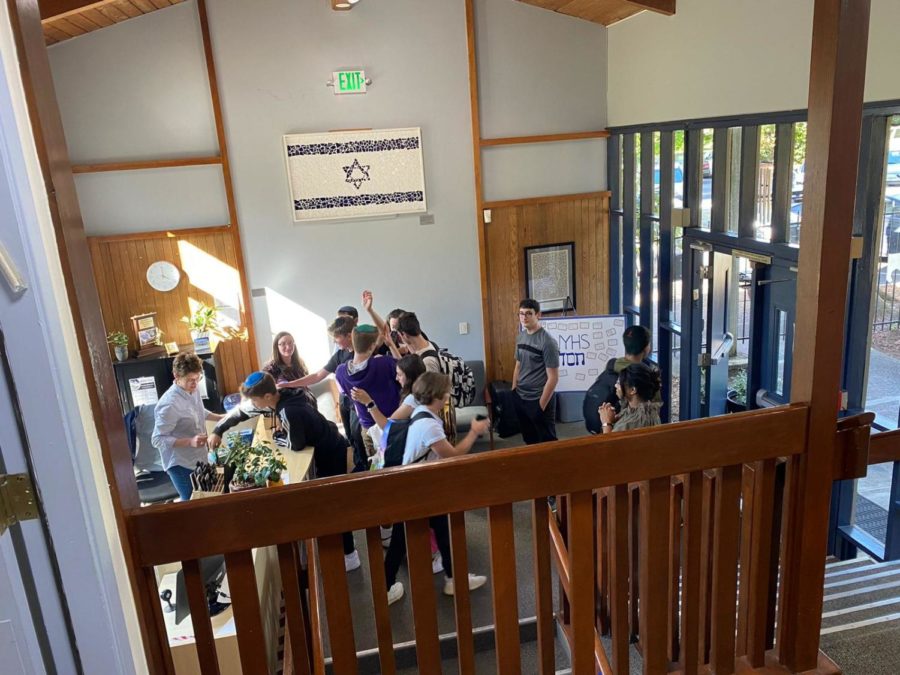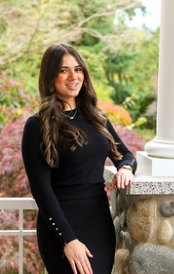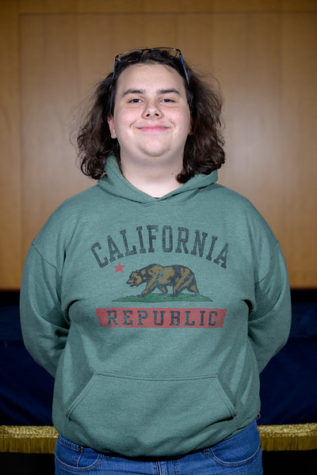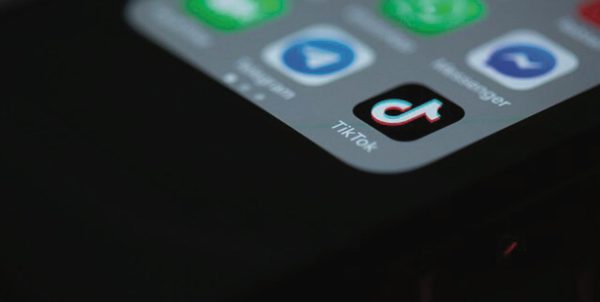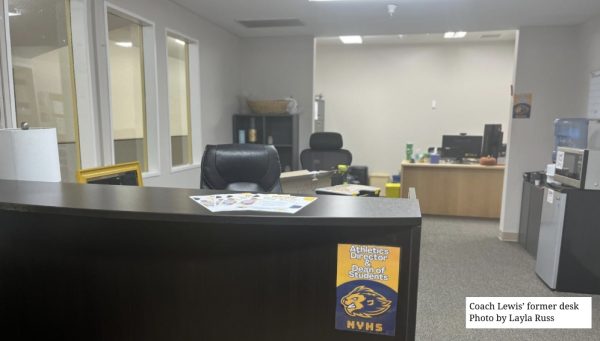NYHS students are concerned with new school policies
Changes to computer and cell phone expectations took students by surprise this school year.
Students gather to get their phones at the end of a school day.
As NYHS students started their first day of orientation on August 31st, they were informed that they will no longer be allowed to have their phones during the day and computer use will be restricted. This is a stark difference from last year, when students were all allowed to use phones and computers with no restrictions.
The tech-free environment was startling and frustrating to the students. “They make me feel like I am a child and that I can’t make decisions for myself,” said 10th grader Ruben Owen. Last year, students were allowed to keep their phones on them at all times. This included during tefillah, when some students would be on their phones instead of in prayer. “There is no change in the cell phone policy itself,” said Head of School Jason Feld. “The main reason for this change is that the faculty and staff were spending too much time having to deal with the screens/cell phone use last year.”
Deirdre Schrieber, the new NYHS principal, believes that the policy change has more to do more with getting back to a better learning environment, because Covid had a big impact on socialization, behavior, and learning in person. This is like having a reset button. “During Covid, school was not as organized, so now that times are better the school is able to enforce more rules and stay within the line of policies,” she said.
According to Owen, students understand that during class it is not appropriate to be on the phone. “During class I would agree with it,” he said. “During passing periods/breaks I would like to have my phone.” Without their phones the whole day, except during lunch, some students find themselves taking extra time at home. “When I get home I spent extra time on my phone instead of homework because I haven’t been on it the whole day,” 11th grader Jenna Kaufthal said.
The current computer policy requires that students have a learning plan or must be specifically told to take it out in order to be allowed on it. “I would like to have my computer in class and I shouldn’t have to have a disability to get to have my computer in class,” said Owen.
Some students have noticed teachers enforcing rules more harshly than last year. “The point of this is that the environment is harsh, we feel like little kids, and the tech agreement is very frustrating,” Kaufthal said.
Parents also were unaware of the changes this year. “As a parent, I would like to know more of the reasons behind the policies,” said Jacob Owen, Ruben Owen’s father. He thinks this is an extreme step and that the parents should have been informed of the changes that were coming.
Rabbi Rothstein, head of Judaics, thinks that it’s about finding a balance that allows personal growth along with using the powers of technology in a positive way. “We are kind of putting a Band-Aid on the problem,” he said. “What we should really be doing is educating our young adults to achieve a healthy balance.”
Feld said that he is always open to revisiting any policy. “However, it’s less of an issue if students are happy with it, rather than if it improves the learning experience at NYHS,” he said.
Feld said the staff spent all summer and the faculty orientation working on the plan. “I would like the students to appreciate that this wasn’t a quick policy decision,” he said. “It didn’t come from any one person, rather the whole of the staff.”

